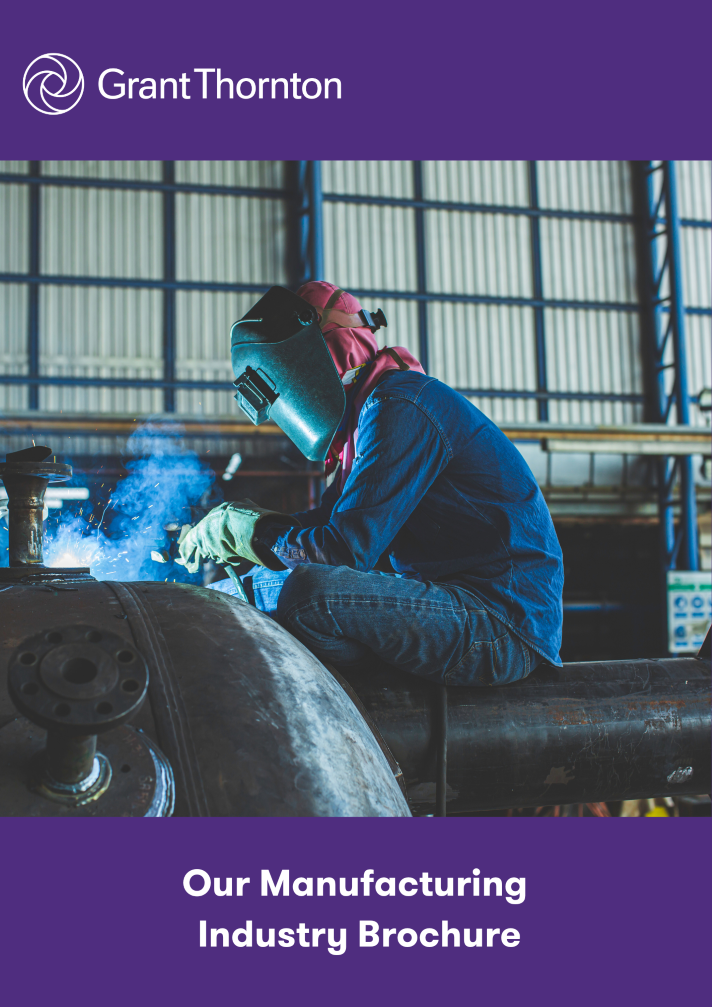The Manufacturing sector holds significant importance within Bahrain’s economic landscape, standing as the second largest non-oil sector and contributing to 14.1% to the national real GDP in 2022. It also serves as a major employer, with a diverse workforce of nearly 55,000 professionals as of the end of 2022. The Manufacturing workforce comprises of a mix of local and international talent, encompassing a wide range of roles, including entry-level Operators and Assurance Experts, Health and Safety professionals, and Research and Development Scientists.
Bahrain’s Manufacturing sector is actively preparing for the future by strategically positioning itself to tackle forthcoming challenges and capitalize on emerging opportunities. The sector is making a deliberate effort to incorporate advanced technologies, adopt sustainable practices, and foster innovation. These initiatives demonstrate the sector’s commitment to building resilience and competitiveness. The success of this endeavor relies heavily on having a workforce that is adaptable and equipped with skills that align with industry demands.
To achieve this goal, it is imperative to establish a strategic alignment between educational and training institutions, and the requirements of employers within the manufacturing industry. This alignment will help bridge skill gaps and cultivate a culture of continuous learning. By prioritizing these efforts, Bahrain can ensure the sustained growth and dynamism of its Manufacturing sector.


